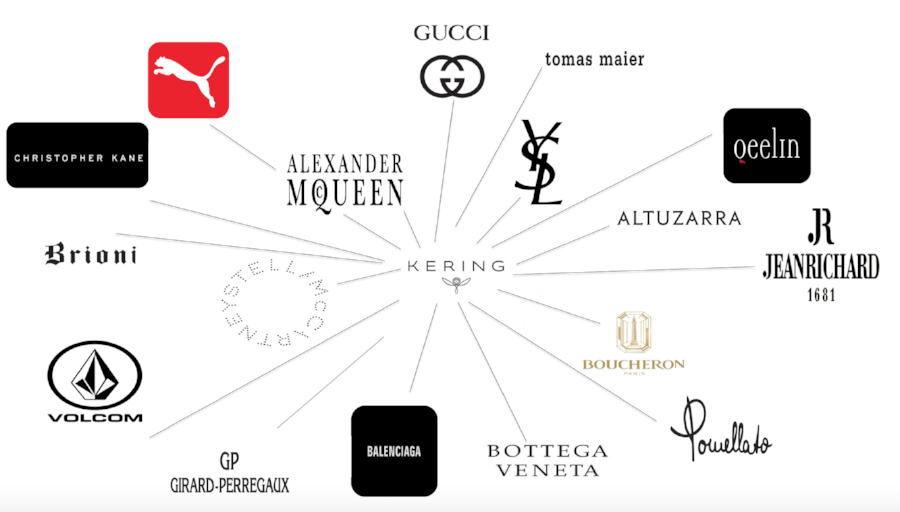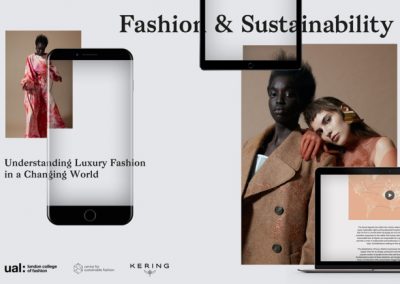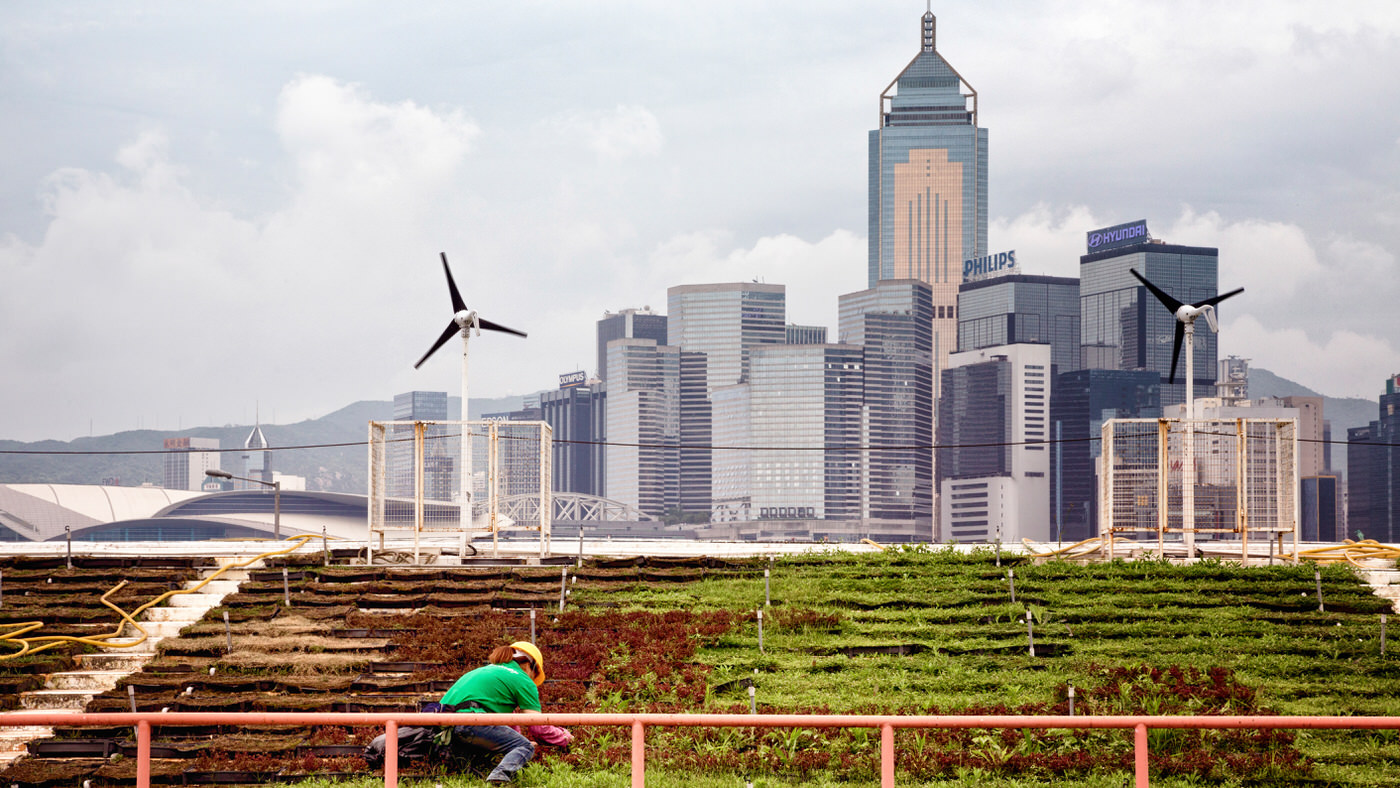Luxury and sustainability are one and the same
2019-10-31GoldenBeeCai Jinqing0

Cai Jinqing, President of Kering Greater China
"China's sustainable innovation will lead to the solution to the balance problem between human survival and development."
As a leading global luxury enterprise, Kering has practiced sustainability as its core strategy for nearly 20 years. Mr. François-Henri Pinault, Chairman and CEO of Kering, took the lead in proposing that “Luxury and sustainability are one and the same. Sustainability is not only imperative, but also the way for enterprises to win.”

In 2017, Kering put forward three pillars of "2025 Sustainability Strategy": Care, Collaborate, Create. Three pillars that embody and drive our ambition: to craft tomorrow’s Luxury. "Care" is embodied in environmental protection. Our goal is to reduce the impact rate of environmental gains and losses of the Group supply chain by 40% between now and 2025. We measure and determine the monetary value of the Group's own operation and the environmental footprint of the whole supply chain through the Environmental Profit and Loss Statement (EP&L), and track the source of raw materials. "Collaborate" is about people and education, including inheriting traditional craftsmanship and craftsmanship cultures, and bringing sustainability expertise and cases into the classroom. In addition, we have launched a series of corporate policies to actively promote gender equality and job diversification.
Innovation lies in our efforts to identify and invest in promising start-ups, cooperate in implementing game-changing initiatives, promote the transformation of the luxury industry and positively influence the entire industry. During this year's G7 Summit, Kering led the initiation of the Environmental Fashion Pact, gathering 32 global fashion enterprises (representing 150 brands) to establish a coalition to formulate practical goals for reducing the impact of the entire industry on the environment. At the K Generation Talk & Award Ceremony held during Shanghai Fashion Week on October 11, Kering also focused on subversive innovative solutions of start-ups in Greater China and hoped to work with peer industry to accelerate sustainable fashion development in China.
Innovation lies in our efforts to identify and invest in promising start-ups, cooperate in implementing game-changing initiatives, promote the transformation of the luxury industry and positively influence the entire industry. During this year's G7 Summit, Kering led the initiation of the Environmental Fashion Pact, gathering 32 global fashion enterprises (representing 150 brands) to establish a coalition to formulate practical goals for reducing the impact of the entire industry on the environment. At the K Generation Talk & Award Ceremony held during Shanghai Fashion Week on October 11, Kering also focused on subversive innovative solutions of start-ups in Greater China and hoped to work with peer industry to accelerate sustainable fashion development in China.

We believe that setting a clear sustainable development goal is a global trend. From 2015 when Chinese President Xi attended the UN Sustainable Development Summit and jointly adopted the 2030 Agenda for Sustainable Development with world leaders, to the year 2016 when China’s 13th Five-Year Plan further clarified the concrete implementation steps of the 2030 Agenda for Sustainable Development in China, including sustainable consumption as one of the priorities, to the same year when Premier Li Keqiang showed remarkable progress in China's implementation of the 2030 Agenda for Sustainable Development at the United Nations, and in 2018, China issued the Three-Year Action Plan for Winning the Blue Sky Defense Battle, China has been promoting comprehensive sustainable economic development, tackling climate change, and controlling hazardous waste as well as air and water pollution… The Chinese government has taken active and effective measures to deal with environmental problems in the field of economic activities in recent years. Its determination is encouraging.

On the 70th anniversary of the founding of People’s Republic of China, China is implementing sustainable innovation on a large scale, which will surely play a leading role in unlocking major issues such as climate change, resource scarcity, balance between human survival and development. Kering hopes to actively participate in China's sustainable development process and meet the environmental challenges of the new century.
(The Chinese version of this article is published on China Sustainability Tribune)
(Images in this article are from the Internet)
Best Practices
- The 100-year brand — Air Liquide also has a sense of juvenile
- Beijing Public Transportation Corporation: Developing green transportation to build a harmonious and livable capital
- CGN: Building a modern factory in barren deserts and developing a new win-win cooperation model along “Belt and Road”
Upcoming Event

All the materials on the site “Source: XXX (not from this site)” have been reprinted from other media. They do not imply the agreement by the site.
All the materials with “Source: CSR-China Website” are the copyright of CSR-China Website. None of them may be used in any form or by any means without permission from CSR-China Website.
GoldenBee Official WeChat
Copyright © Csr-china.net All Right Reserved.
京ICP备19010813号










